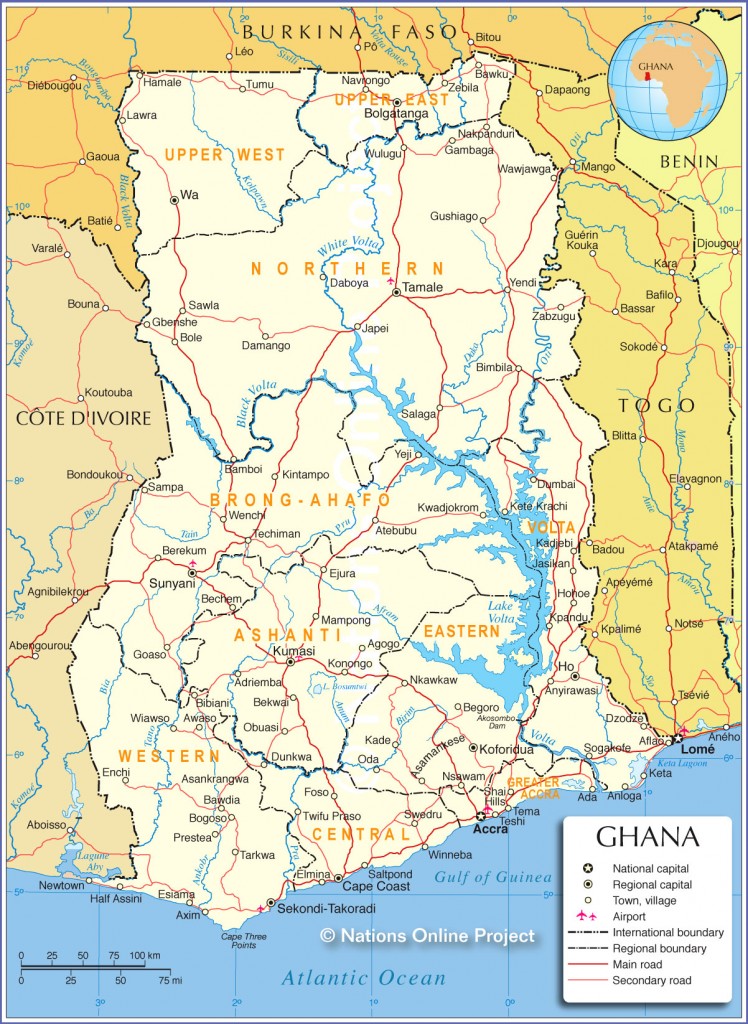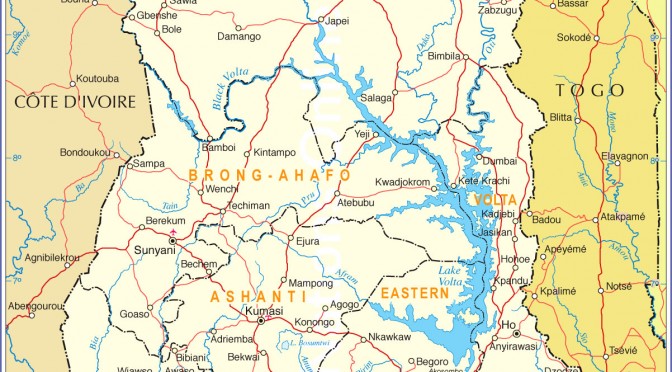Ghana, a West African nation known for its rich history and vibrant culture, is taking significant strides towards energy independence by harnessing the power of wind. As the country faces increasing energy demands and a growing population, the government and private sector are investing in renewable energy sources to ensure a sustainable future. Among these sources, wind power has emerged as a promising and viable option for the nation.

The potential for wind energy in Ghana is vast, with an estimated capacity of over 2,000 megawatts (MW) according to the Energy Commission of Ghana. This is more than enough to meet the country’s current energy needs, which stand at approximately 1,200 MW. Moreover, the Volta River Authority (VRA), Ghana’s primary power generation company, has identified several locations along the coast and in the northern regions with high wind speeds suitable for wind farm development.
The government of Ghana has recognized the importance of renewable energy in its quest for energy independence and has set ambitious targets to increase the share of renewables in the country’s energy mix. The Renewable Energy Act, passed in 2011, aims to achieve a 10% share of renewable energy in the national energy mix by 2030. To support this goal, the government has implemented a feed-in tariff system, which guarantees a fixed price for electricity generated from renewable sources, thereby encouraging investment in the sector.
Private sector involvement has also been instrumental in driving the growth of wind power in Ghana. One notable example is the Ayitepa Wind Farm, a 225 MW project being developed by Lekela Power, a joint venture between Actis, a leading investor in growth markets, and Mainstream Renewable Power, a global renewable energy company. Once completed, the Ayitepa Wind Farm will be the largest wind power project in West Africa, generating enough electricity to power over 500,000 Ghanaian households.
In addition to the Ayitepa Wind Farm, several other wind power projects are in various stages of development across the country. These projects, when completed, will not only contribute to Ghana’s energy independence but also create jobs and stimulate economic growth in the communities where they are located.
Harnessing wind power in Ghana also has significant environmental benefits. As a clean and renewable source of energy, wind power has the potential to reduce the country’s reliance on fossil fuels, which currently account for over 60% of its energy mix. This shift towards renewable energy sources will help Ghana reduce its greenhouse gas emissions and contribute to global efforts to combat climate change.
Furthermore, the development of wind power in Ghana will help address the issue of energy access in rural areas. Many rural communities in the country still lack access to reliable electricity, hindering their social and economic development. Wind power, being a decentralized form of energy generation, can be harnessed to provide electricity to these remote areas, improving the quality of life for millions of Ghanaians.
In conclusion, the harnessing of wind power in Ghana presents a promising path towards energy independence for the nation. With the government’s commitment to renewable energy and the involvement of the private sector, Ghana is well on its way to achieving its renewable energy targets. The development of wind power will not only contribute to the country’s energy security but also create jobs, stimulate economic growth, and improve the lives of millions of Ghanaians. As the world continues to grapple with the challenges of climate change and energy scarcity, Ghana’s pursuit of wind power serves as an inspiring example of a sustainable and forward-looking energy strategy.


